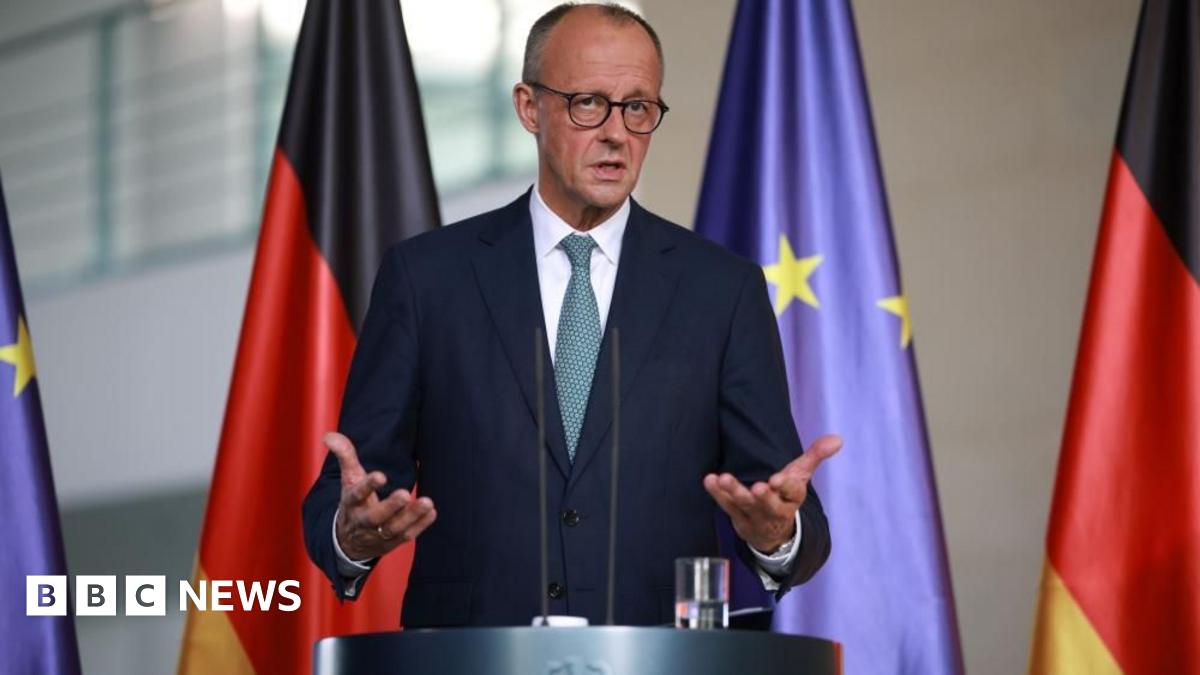Hungarian Prime Minister Viktor Orban, a close ally of Trump, said the US president “ate von der Leyen for breakfast”.
Spanish Prime Minister Pedro Sanchez said he would support it “without any enthusiasm”.
There was some relief in Europe that a deal had been done.
Finland’s prime minister said it would provide “much-needed predictability”, while Irish Trade Minister Simon Harris said it brought the certainty “essential for jobs, growth and investment”.
Defending its terms at a press conference on Monday, the EU’s trade commissioner Maros Sefcovic said it was the “best deal we could get under very difficult circumstances”.
He also pointed to the security implications of maintaining cordial trade relations with the US in the context of the Ukraine war.
Ensuring that Europe and the US were “aligned on the geopolitical issues of today”, he said, came with “an additional price”.
In the weeks building up the final EU-US talks there had been a growing appetite among some European leaders to ramp up the pressure on Trump by using so-called anti-coercion measures, which would have blocked US firms access to European markets.
But with 30% tariffs looming, the EU struck a deal on behalf of its members – one which will still inflict an economic blow, but a less severe one that had been feared when Trump originally threatened import taxes.
Von der Leyen had sought to present it as a success on Sunday – but by Monday, even the leader of her European People’s Party, Manfred Weber, described it as “damage control”.
While the broad outline of the deal has been agreed, its details will be finalised after technical talks.
Initial business reaction across the Atlantic was similarly short of enthusiasm. The National Foreign Trade Council, based in Washington DC, said that any deal that avoided a trade war was “welcome progress”.
However, it warned that any “short term gains” from a 15% tariff could eventually leave the US “isolated from a major ally and erode trust long term”.
The previous tariff-free regime, it said, had allowed industries including aerospace and pharma to thrive “on both sides”.
The initial deal framework “leaves in place a number of troubling EU policies”, it said, including what it called a “discriminatory digital agenda” and “unfair pharmaceutical reimbursement policies”.
